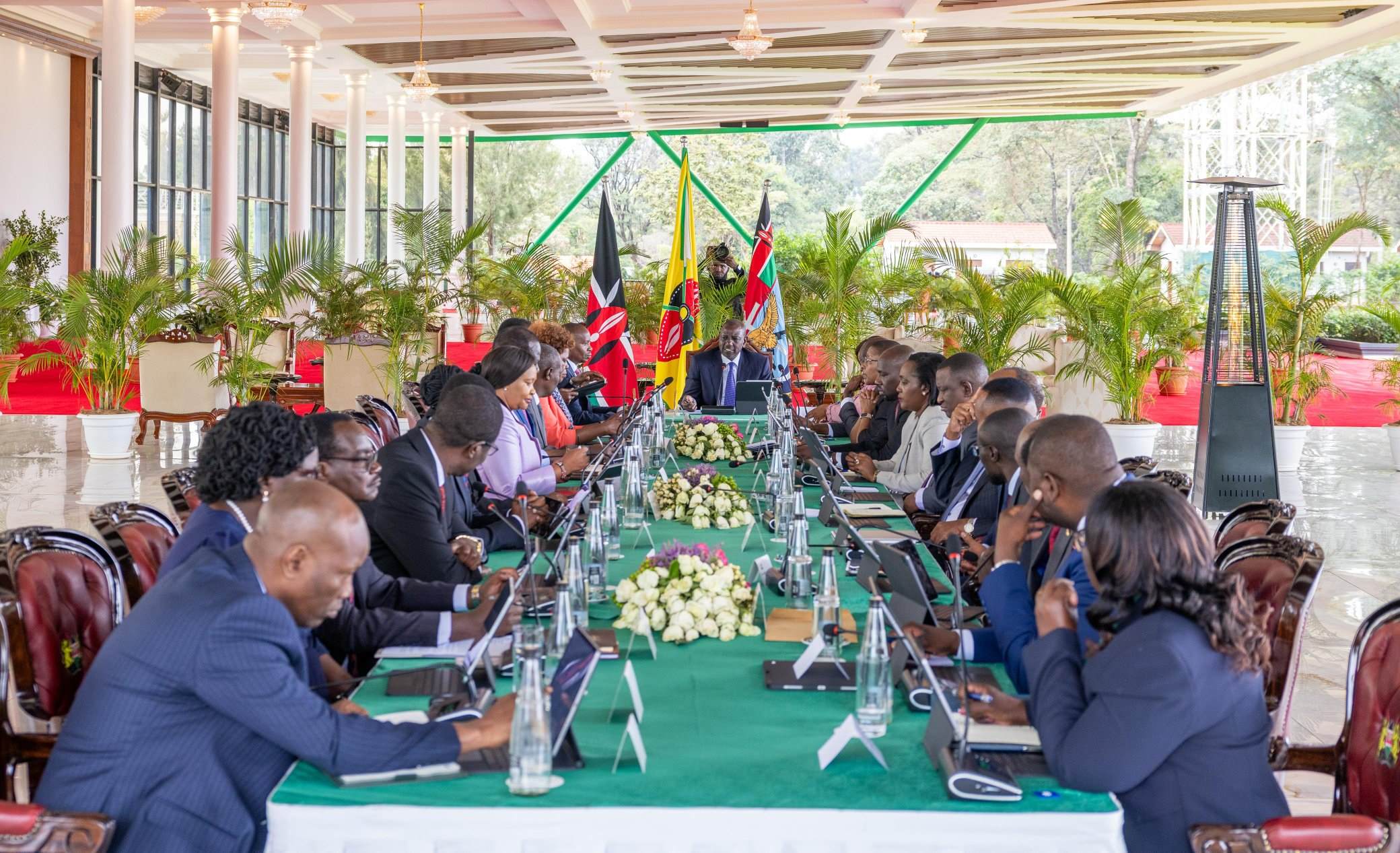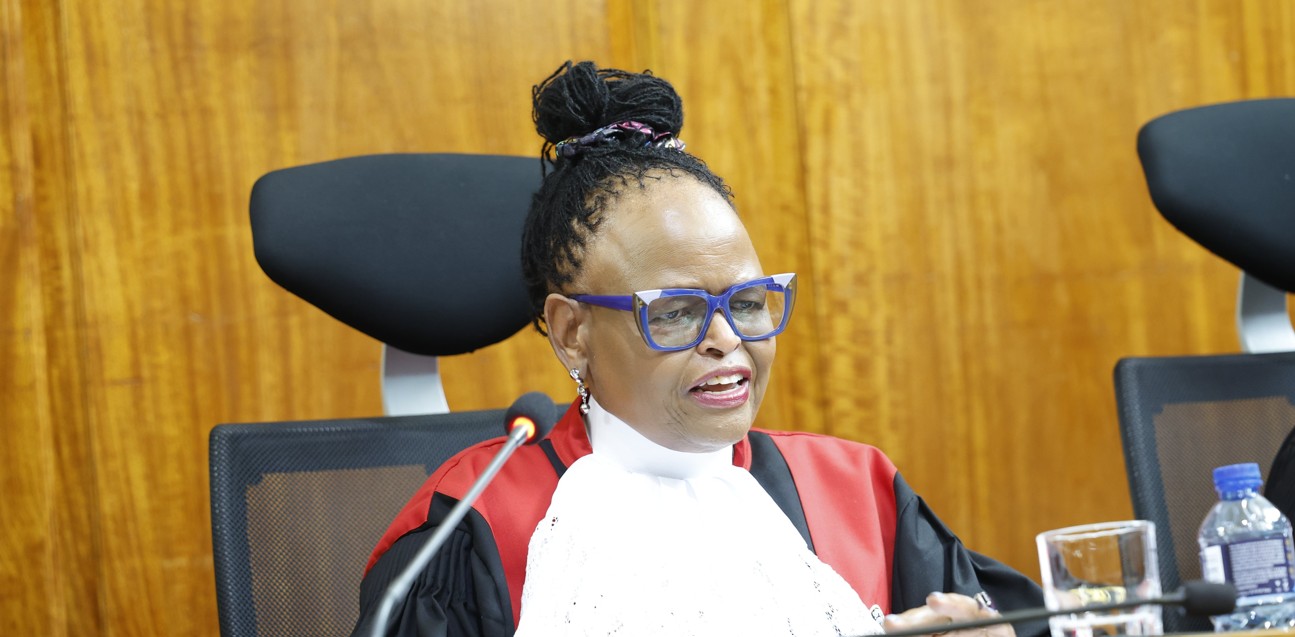State House overshoots budget by 125 per cent in first quarter of 2025/26 - Treasury

Data from the Treasury shows that State House alone spent more than double its quarterly target in the first three months of the 2025/26 financial year, raising concerns over fiscal discipline.
President William Ruto’s administration has continued to overspend in key State offices despite repeated pledges to tighten public finances and rein in the budget deficit.
Data from the Treasury shows that State House alone spent more than double its quarterly target in the first three months of the 2025/26 financial year, raising concerns over fiscal discipline.
More To Read
- Christian professionals seek to join case challenging construction of Church at State House
- Leakages, technical issues slow Nakuru State House refurbishment, MPs say
- State officials flock to Geneva, New York and Dubai despite travel limits - CoB
- State House drains Sh3.6 billion in 42 days, raising alarm over reckless spending
- High Court halts construction of church at State House pending constitutional review
- Civil society groups move to court to stop Ruto’s Sh1.2 billion State House church project
During the period ending September 30, State House spent Sh4.32 billion against a target of Sh1.92 billion, overshooting its recurrent budget by 125 per cent.
The State House’s deviation from its approved recurrent spending was the sharpest among all national government departments, even as the administration continues to stress fiscal consolidation to narrow a projected Sh901 billion budget deficit for the current year.
Analysis of Treasury data also raises questions over the control of recurrent expenditure across critical security and governance offices. Overspending in these departments forces the exchequer to borrow more to balance the books, deepening the country’s debt.
Other politically sensitive and security-related offices also exceeded their ceilings. The Office of the Deputy President, Kithure Kindiki, spent Sh1.11 billion against a target of Sh743 million, while the National Police Service, Internal Security and National Intelligence Service collectively overshot allocations by nearly Sh17 billion.
National Treasury Cabinet Secretary John Mbadi said in the 2025 Budget Review and Outlook Paper (BROP) in September that the government will continue implementing its fiscal consolidation plan in the 2026/27 fiscal year.
“In the 2026/27 fiscal year, the government will continue implementing its fiscal consolidation plan aimed at reducing the fiscal deficit and containing growth in public debt. This will be done while safeguarding essential service delivery through enhanced domestic revenue mobilisation and prudent expenditure management,” Mbadi said.
He added that the government will strengthen public financial management by improving expenditure efficiency through end-to-end e-Government Procurement systems, integrated human resource management, pension reforms, expanded use of public-private partnerships and governance reforms in State corporations.
Despite these commitments, first-quarter spending figures indicate that control measures in sensitive departments are still being tested. The National Police Service spent Sh36.94 billion, overshooting its target by Sh5.59 billion. The Internal Security and National Administration department spent Sh13.99 billion against a ceiling of Sh7.97 billion and the National Intelligence Service used Sh17.96 billion compared to its allocation of Sh12.86 billion.
Other departments also exceeded their budgets. The State Department for Social Protection and Senior Citizens Affairs spent Sh14.09 billion against Sh7.28 billion, reflecting higher cash transfers to vulnerable elderly and disabled households and increased administrative costs. The State Department for Basic Education spent Sh29.21 billion, above its allocation of Sh27.36 billion, largely due to the ongoing implementation of the Competency-Based Education system.
Article 223 of the Constitution, operationalised through Section 36(9) of the Public Finance Management (National Government) Regulations, allows State offices to spend up to 10 per cent above their approved allocations. The Treasury is required to table a mini-budget in Parliament within two months if funds are withdrawn from the Consolidated Fund without prior approval, a process recently completed.
Top Stories Today












































